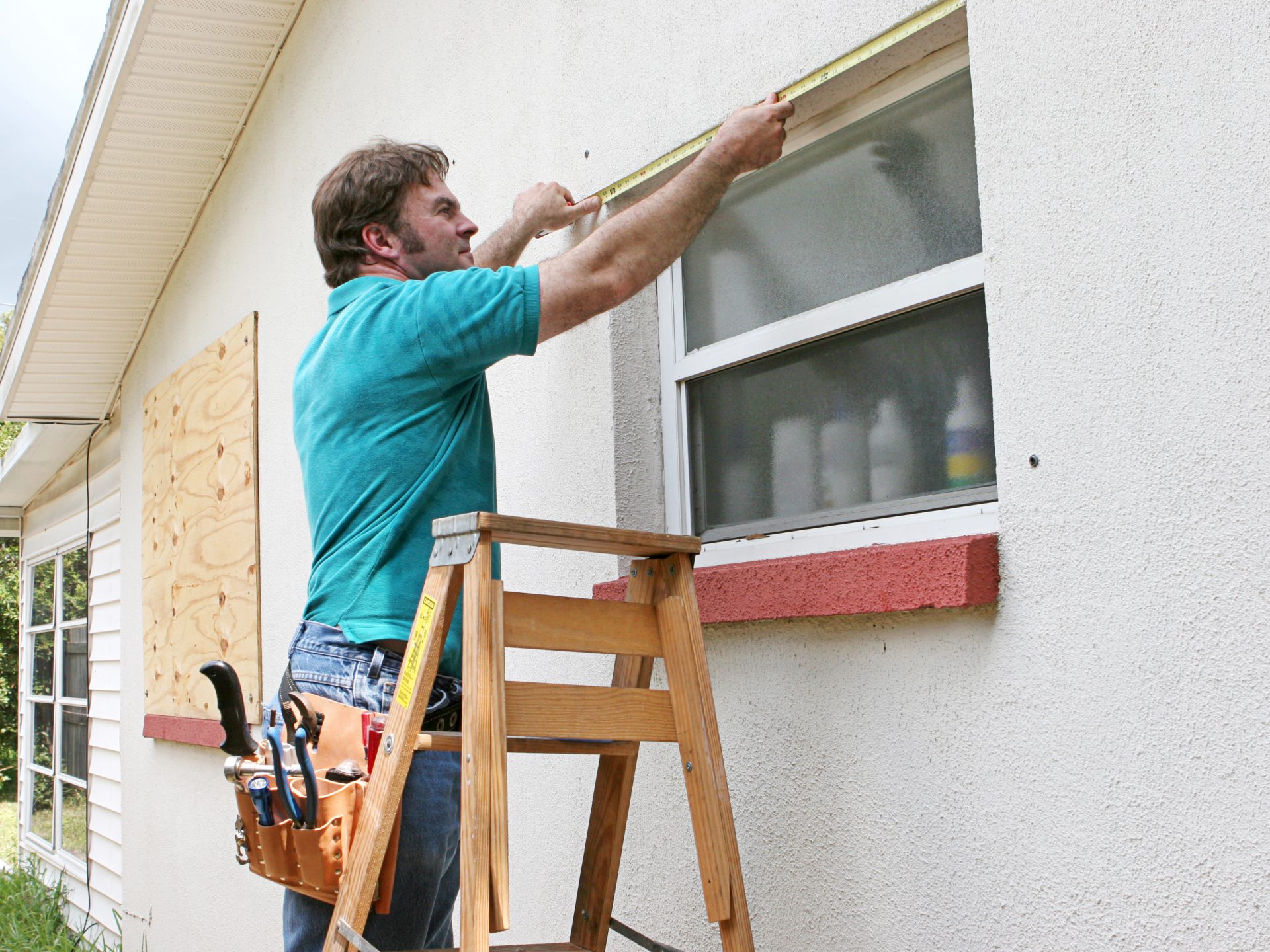Your home is one of your largest investments, so protecting it from natural disasters like hurricanes is probably one of your top priorities. Hurricanes are common occurrences in the Southeastern parts of the United States. If you own real estate in states like Florida, Georgia, South Carolina, North Carolina, Louisiana and Alabama, here are some tips on how you can best prepare your home or condo for a hurricane.
PREPAREDNESS TIPS BEFORE THE STORM
- Take time each year (April – May) to make sure your insurance policy will cover the full cost of rebuilding if you lose your home in a storm. Also confirm with your insurance agent if you need flood insurance. If you live in a community association, check to see what the association or what your state law may require of you when it comes to insurance coverage for your property.
- Hurricane winds can cause trees and branches to fall, so trim or remove damaged trees and limbs to keep you and your property safe.
- Secure loose rain gutters and downspouts and clear any clogged areas or debris to prevent water damage to your property.
- Reduce property damage by retrofitting to secure and reinforce, windows and doors, including the garage doors. Consider installing high impact glass windows or accordion shutters for wind mitigation.
- Reinforce roof. In some states, including Florida, builders are required to attach a home’s roof to the walls with metal straps.
- Purchase a portable generator or install a generator for use during power outages. Remember to keep generators and other alternate power/heat sources outside, at least 20 feet away from windows and doors and protected from moisture; and NEVER try to power the house wiring by plugging a generator into a wall outlet.
- Clear your lawn and around your property. Any items that can be picked up by strong winds — your grill, lawn furniture, garden gnomes and other items — should be stored indoors or secured to the ground.
- Consider building a FEMA safe room or ICC 500 storm shelter designed for protection from high-winds and in locations above flooding levels.
- Check the National Hurricane Center Preparedness Recommendations
WHAT TO DO WHEN A HURRICANE IS 24 HOURS FROM ARRIVING
- If you’re not in an area that is recommended for evacuation, plan to stay at home or where you are and let friends and family know where you are.
- Close storm shutters, and stay away from windows. Flying glass from broken windows could injure you.
- Turn your refrigerator or freezer to the coldest setting and open only when necessary. If you lose power, food will last longer. Keep a thermometer in the refrigerator to be able to check the food temperature when the power is restored.
- Turn on your TV/radio, or check your city/county website every 30 minutes in order to get the latest weather updates and emergency instructions.




